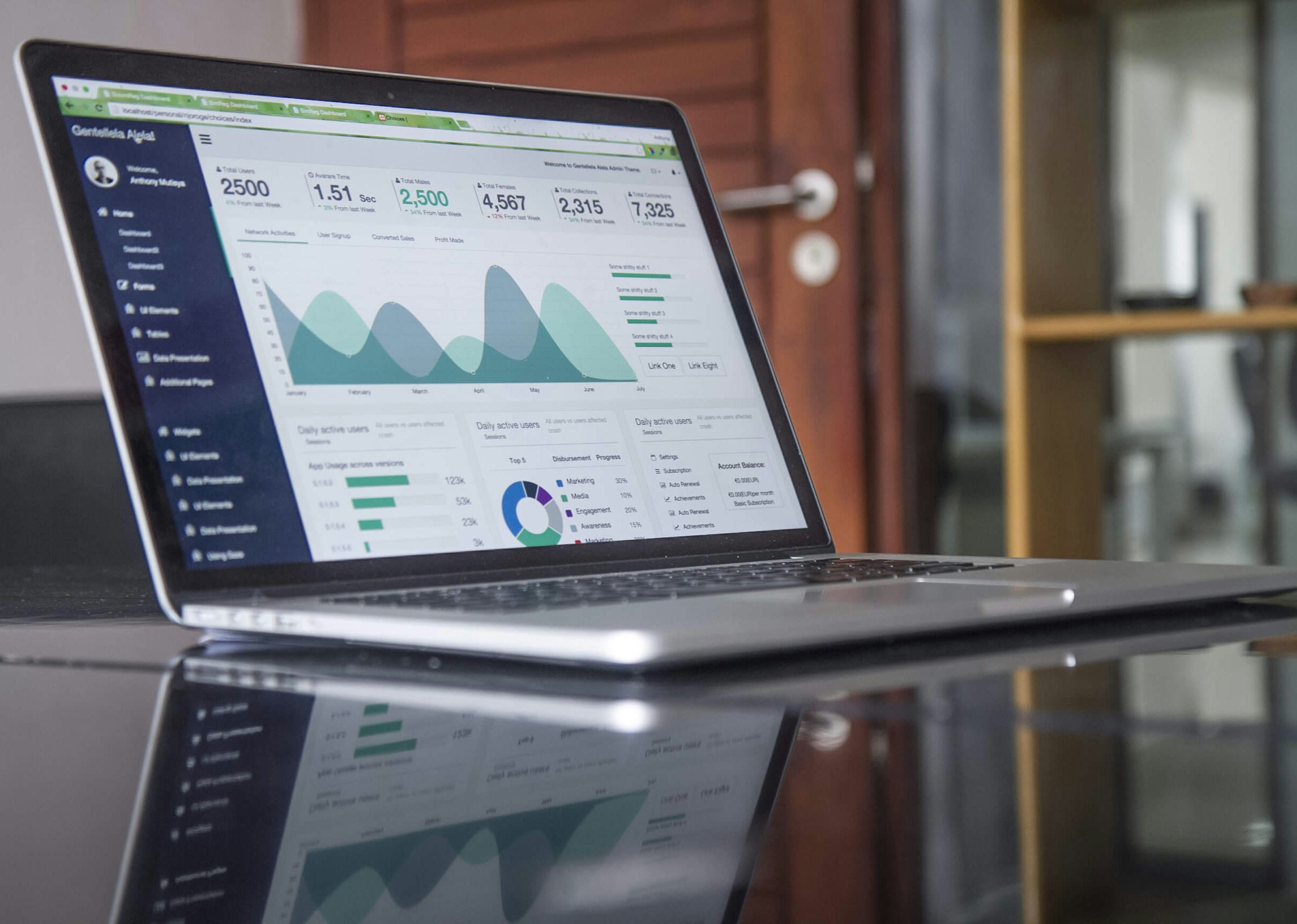100 Point Checklist

What Does Our 100 Point Checklist Plan Include?
Checklist includes
- SEO-Friendly URLs
- No Broken URLS and 404 Error Pages on invalid URLS
- Full ADA Accessibility Compliancy
- Top Rankings in Search Engines
- Responsive and Attractive Website Designs
- Optimal UX Design
- Valid Page Structures
- Lightning Fast Sites with optimized compression
- Memorable Domain Names
- Emails using the Domain Name, and Email Signatures
- Contact Forms and any other necessary forms to connect with your customers
- Internationally accessible pages; No content will be compromised/changed for other countries
- Full Security including HTTPS encryption, database security, and consistent updates to your website.
- Spam prevention
- Consistent Site Maintenance and Backups
If you’d like to check out the full checklist, please visit this page.



